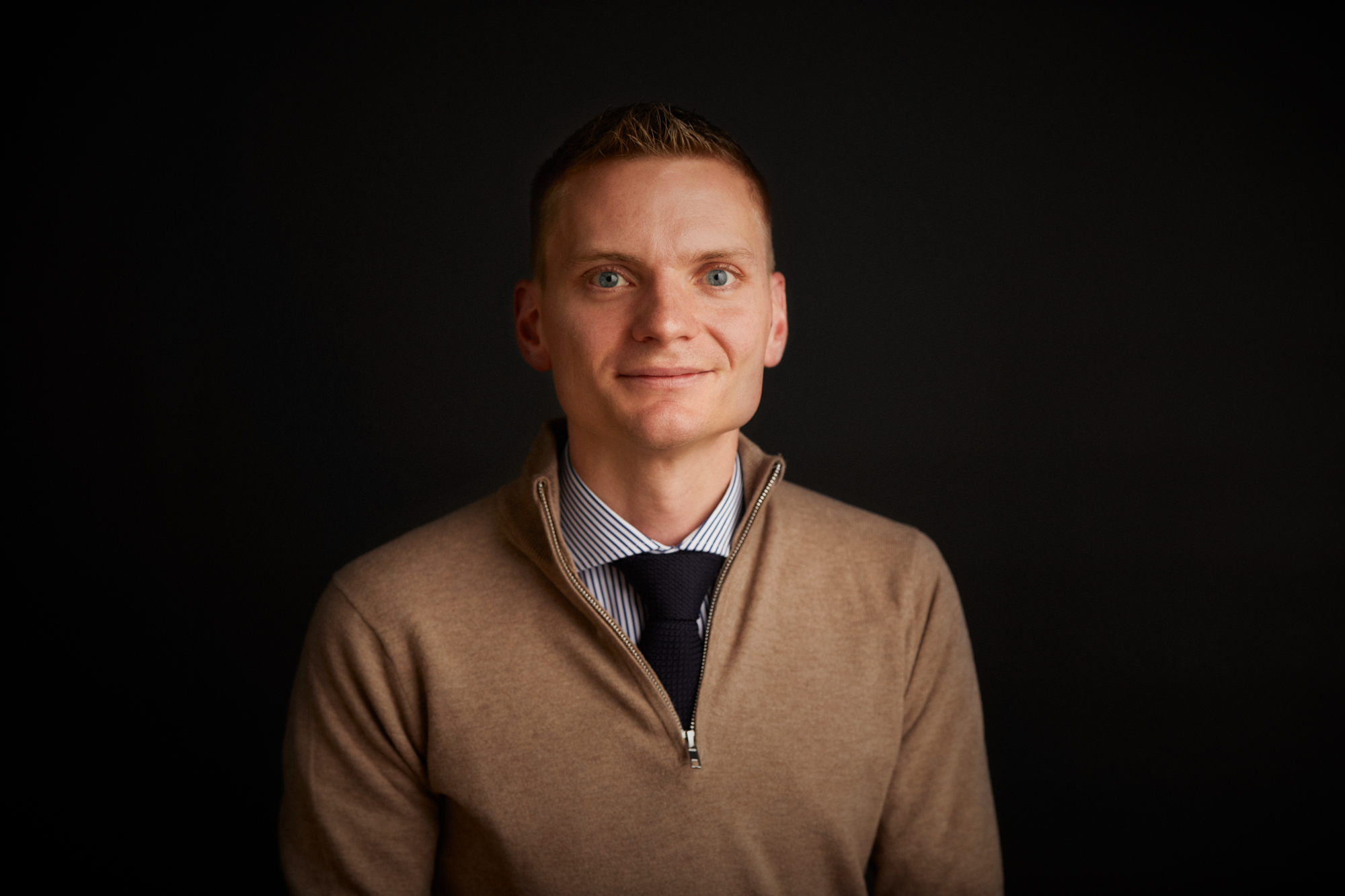Sean Douglas Vrieland
Research leader

Project title
When Danes Prayed in German
What is your project about?
The project takes its point of departure in the phenomenon that Low German was used in books of hours and other prayer books in Denmark during the period 1350-1600. This phenomenon is explored from three different scholarly angles. The status of Low German in its use for private religious purposes is examined from a historical sociolinguistic perspective. A material philological study traces how manuscripts and texts moved from northern Germany into Denmark. Using natural language processing experiments, we test the hypothesis that medieval Danish prayers were translated from Low German rather than Latin as previously assumed.
How did you become interested in your particular field of research?
Shortly after graduating with an M.A. in Indo-European studies I participated in a summer course in manuscript studies. There I was struck by the idea that language history can also be seen physically preserved in manuscripts and other documents. Since then I have attempted to build a bridge between linguistics and manuscript studies.
What are the scientific challenges and perspectives in your project?
The interdisciplinarity of the project creates both challenges and opportunities — one of the biggest challenges being the ability to communicate across different fields. Our understanding of the material is furthermore limited to the manuscripts which have survived since the late middle ages, even though we know many others have been lost in the course of time.
What is your estimate of the impact, which your project may have to society in the long term?
First and foremost, the project can provide new perspectives to the current situation in Denmark, where English enjoys a unique status as a prestige language. A similar situation has existed before at a time when Low German was not only used as the language of trade, but also for something as personal as practicing one’s faith.
Which impact do you expect the Sapere Aude programme will have on your career as a researcher?
I hope to use Sapere Aude as a platform to bring together researchers who, though working on similar topics regarding the history of language and writing, are limited in collaborative opportunities because they conduct research on different languages and in different geographical areas.
Background and personal life
I am originally from the USA and grew up in a military family, which meant that I frequently moved from place to place during my childhood. As a student I went a step further by moving to foreign countries multiple times — first to Iceland and the Netherlands before finally settling in Denmark 8 years ago. Apart from the typical leisure activities such as travel and cooking, I also train the Brazilian martial art capoeira.
View all research leaders here
Research institution
University of Copenhagen
Research field
language history
City of your current residence
Copenhagen
High school
Northwood Academy, South Carolina, USA
